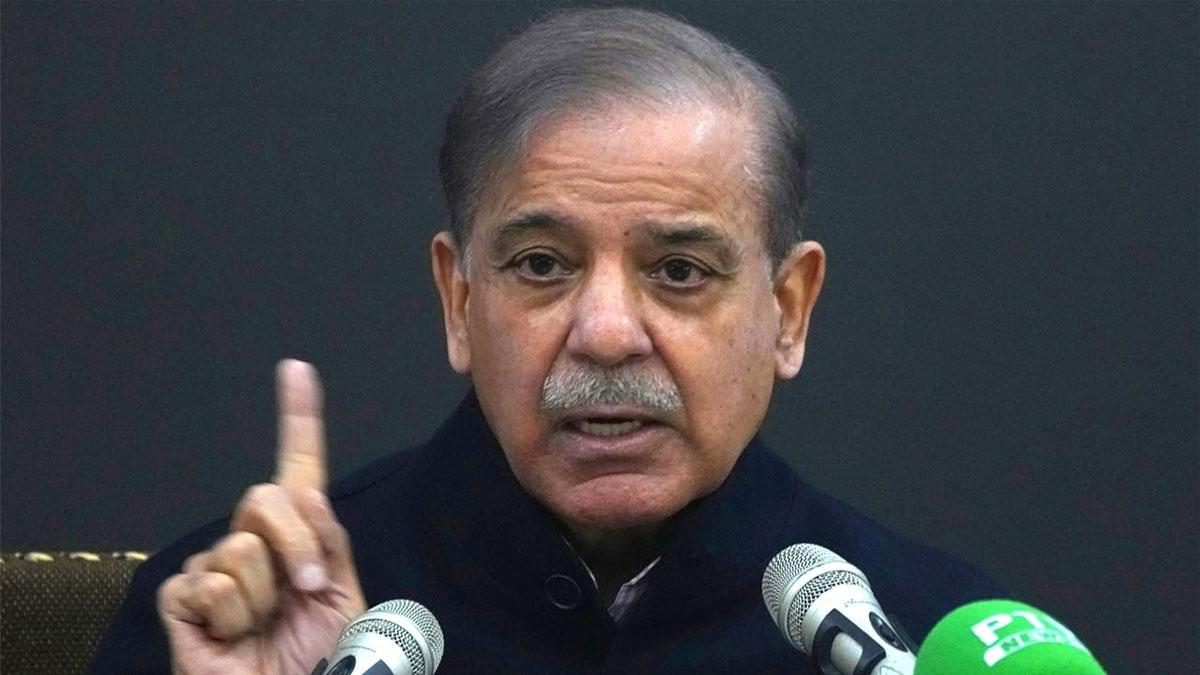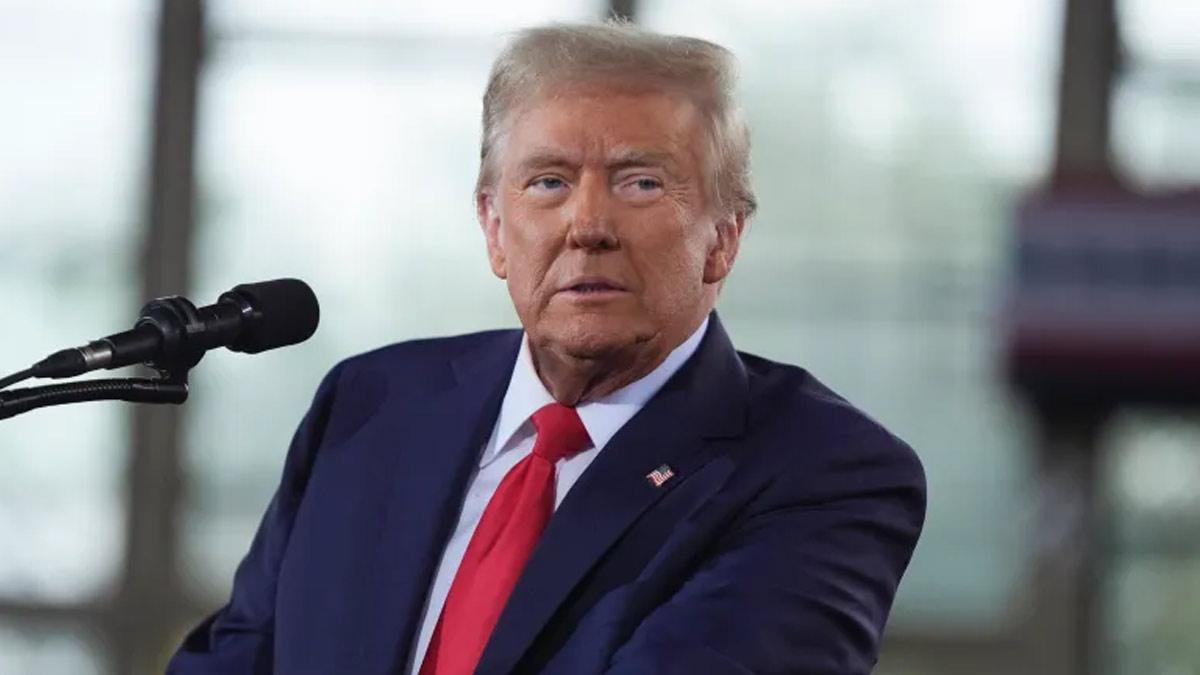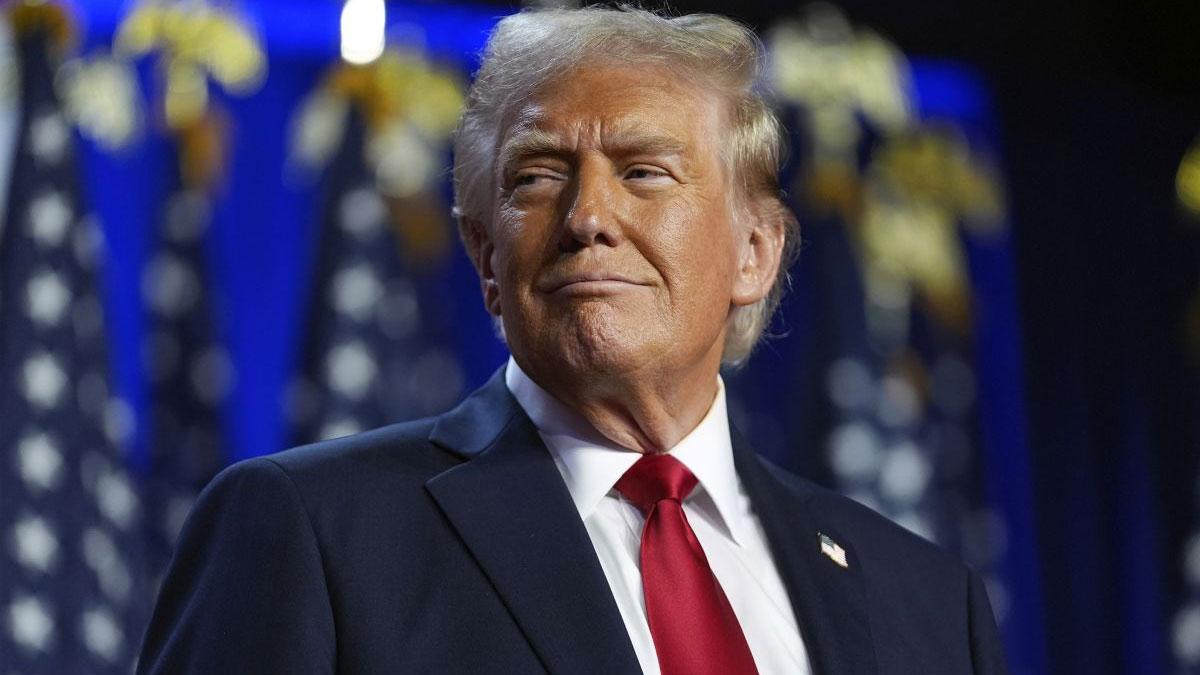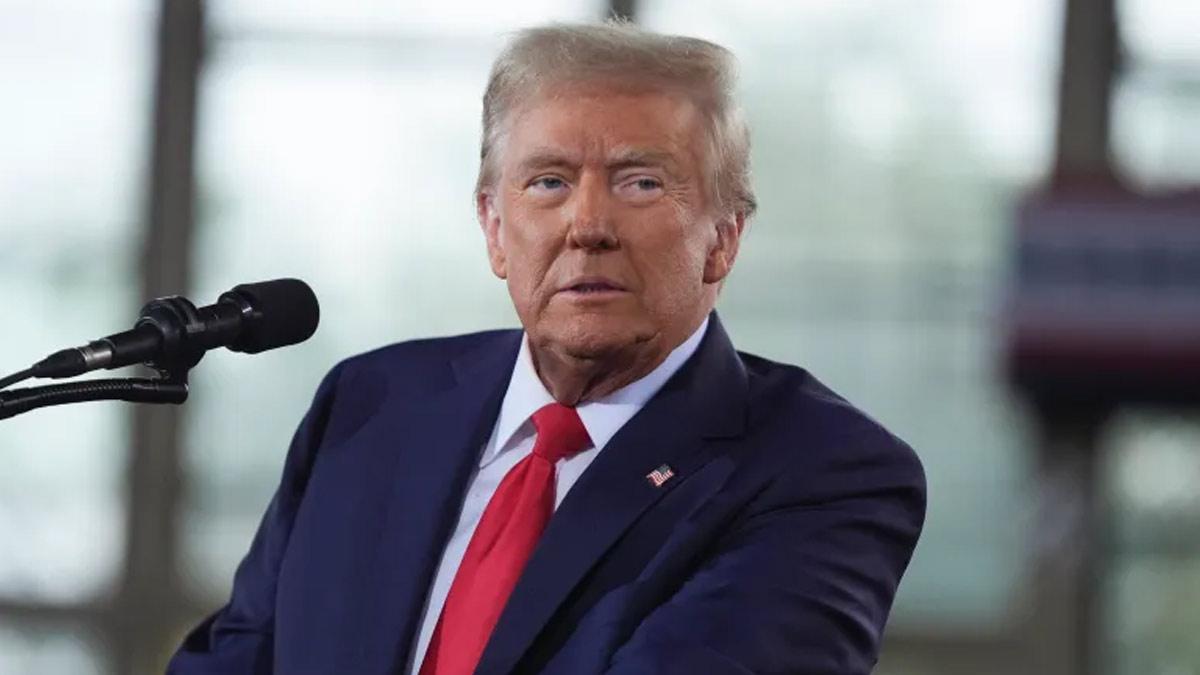Vowing to rejuvenate Pakistan's economy ensnared in debt and to combat terrorism, Shehbaz Sharif, the newly-elected Prime Minister, emphasized on Sunday that his administration would steer clear of geopolitical maneuvers and prioritize amicable relations with neighboring countries grounded in equality.
Addressing the National Assembly following his election as the 24th prime minister, Shehbaz expressed gratitude towards his elder brother Nawaz Sharif and allies for their trust, enabling him to lead a coalition government amidst a hung Parliament following last month's elections.
Shehbaz secured 201 votes, defeating his rival Omar Ayub Khan of Imran Khan's Pakistan Tehreek-e-Insaf (PTI), who garnered only 92 votes in the assembly.
His victory was anticipated, bolstered by the support of seven other parties besides the PML-N, along with the implicit backing of the influential Pakistan Army.
Highlighting the need for coalition governance in the absence of a clear majority, Shehbaz stressed the democratic imperative of like-minded parties forming alliances.
Following the contentious February 8 elections marred by allegations of electoral fraud, the coalition agreement between the Pakistan Muslim League Nawaz (PML-N) and the Pakistan Peoples Party (PPP) effectively sidelined Imran Khan's PTI, despite its independent candidates winning the most parliamentary seats.
In the face of vehement protests by PTI members accusing the coalition of stealing mandates, Shehbaz warned of Pakistan's dire debt crisis, where even the National Assembly's expenses were met through borrowing.
Setting ambitious goals, Shehbaz outlined his government's aim to secure G20 membership by 2030, emphasizing Pakistan's commitment to non-alignment and fostering diverse global friendships.
He pledged to enhance relations with neighboring nations based on equality while raising concerns over the Kashmir issue, calling for solidarity with Kashmiris and Palestinians.
Without directly naming the PTI, Shehbaz criticized the previous government's antagonistic stance towards the opposition and its damaging rhetoric against the armed forces, contrasting it with his leadership's inclusive approach.
He denounced the violent riots of May 9, promising accountability for those involved.
Shehbaz reiterated his commitment to eradicate terrorism, pledging to advance the National Action Plan (NAP) to address its underlying causes.
Acknowledging Pakistan's economic challenges, Shehbaz emphasized the need for structural reforms to alleviate the debt burden, revitalize the energy sector, and bolster state-owned enterprises.
Promising support for the agricultural sector, Shehbaz vowed subsidies for farmers and initiatives to attract investment for economic growth.
Shehbaz, previously sworn in as prime minister in April 2022 following Imran Khan's removal, will take his oath in a ceremony at the President's House on Monday, administered by President Arif Alvi.
Read also | Shehbaz Sharif set to become next Pakistan PM as Coalition Nears Majority Threshold
Read also | Nawaz Sharif Criticizes Imran Khan's IMF Letter as Hostile to Pakistan


















